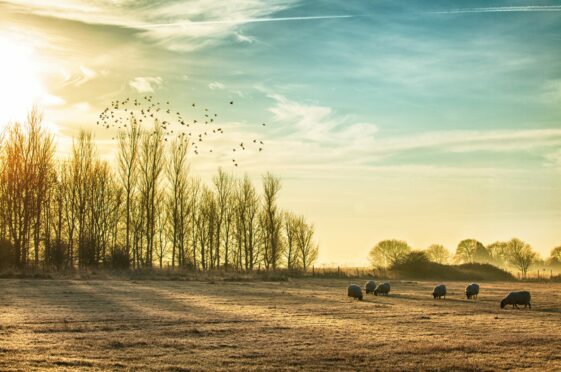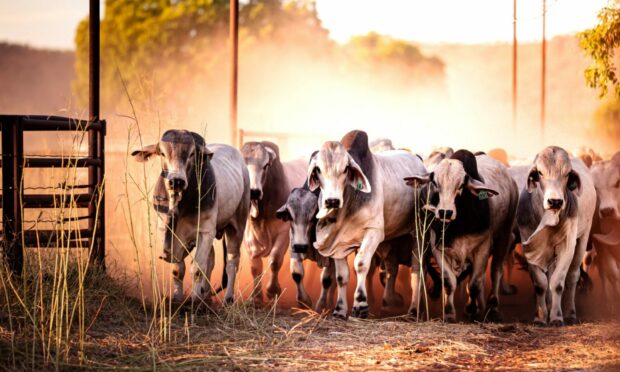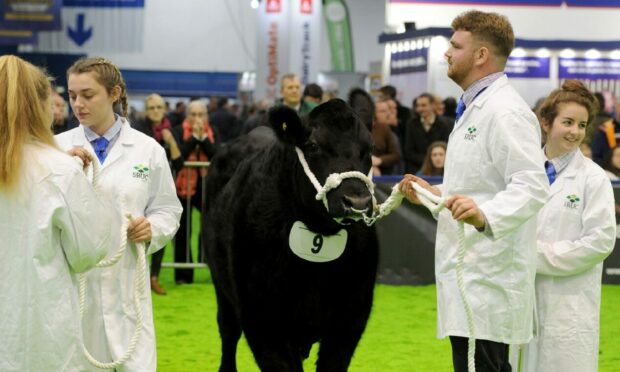As we embark on a new year, many of us are still wondering where 2021 went – so much happened within the year, but at the same time, so little.
We had an election, changing political faces, a COP26 conference, Covid-19 issues and restrictions.
We have a new Scottish Land Use Strategy, we have new trade deals and soaring input costs for businesses and huge output price disparity between and within sectors.
However, while much has happened, has anything really changed at all?
We are still grappling with the future of farming and rural business in Scotland, and we created more heat than light at COP26, where big promises were made but very little in the way of detail of how we will achieve things.
Trade deals talk of the big picture issues, but when I spoke to a civil servant from abroad for their input on the Australian trade deal, the response was simply: “What is there to comment on? It’s an empty shell.”
In many ways it appears we have got ourselves into the position of having the broad outline of what we are trying to do – but we still need to do the colouring in to finish off the picture.
I just hope we haven’t lost the bit of paper which tells us how to match up the colours and numbers.
Event woes
Another continuation is the sad cancellation of AgriScot.
I know a huge amount of work had gone into trying to get the event on with a new date – like so many other events it is sadly missed and the costs and time spent trying to put on an event only to have hopes dashed again is heartbreaking.
We all have our fingers crossed that we can get a full season of shows and events this year and like many things, I don’t think we have fully valued them until they aren’t there.
While we all work away on our day jobs, it’s the opportunity to meet in a semi-social environment, share ideas and problems which really gives a buzz and is a huge strength of rural communities.
Many jobs can be done in isolation, including farming, but it is only through sharing knowledge and ideas that we see innovation occur and more creative problem solving, and the opportunity to get together at shows and events such as monitor farms has been greatly missed.
Seeing things first hand and having real conversations is so much more effective, and with the changing climate around us we need creative and innovative thinking to plot a successful course.
Another event impacted, but which went ahead, was this year’s Oxford Farming Conference, which is always a source of interesting debate and sharing of ideas.
Scotland absent
Sadly, in a panel session with agriculture ministers from around the UK, representatives from England, Wales and Northern Ireland were not joined by Scotland as no-one was available for the 40-minute online session.
As mentioned, this was interesting to see how largely similar challenges are being tackled by different nations, and while the themes of integrating farming and the environment are common, the extent and attitude to change differ, with George Eustice announcing further funding for environmental schemes in England.
Hopefully 2022 will be the year when we see more clarity on the shape of our future in terms of policy, but it is equally important that we are not solely governed by policy and that we do what is right for our businesses first and foremost, rather than put off decisions waiting for outside forces to be finalised.
To do that we will need that innovation and creative problem solving – fingers crossed we are able to get together to do that over the coming months.
- Stephen Young is head of policy at Scottish Land and Estates.


